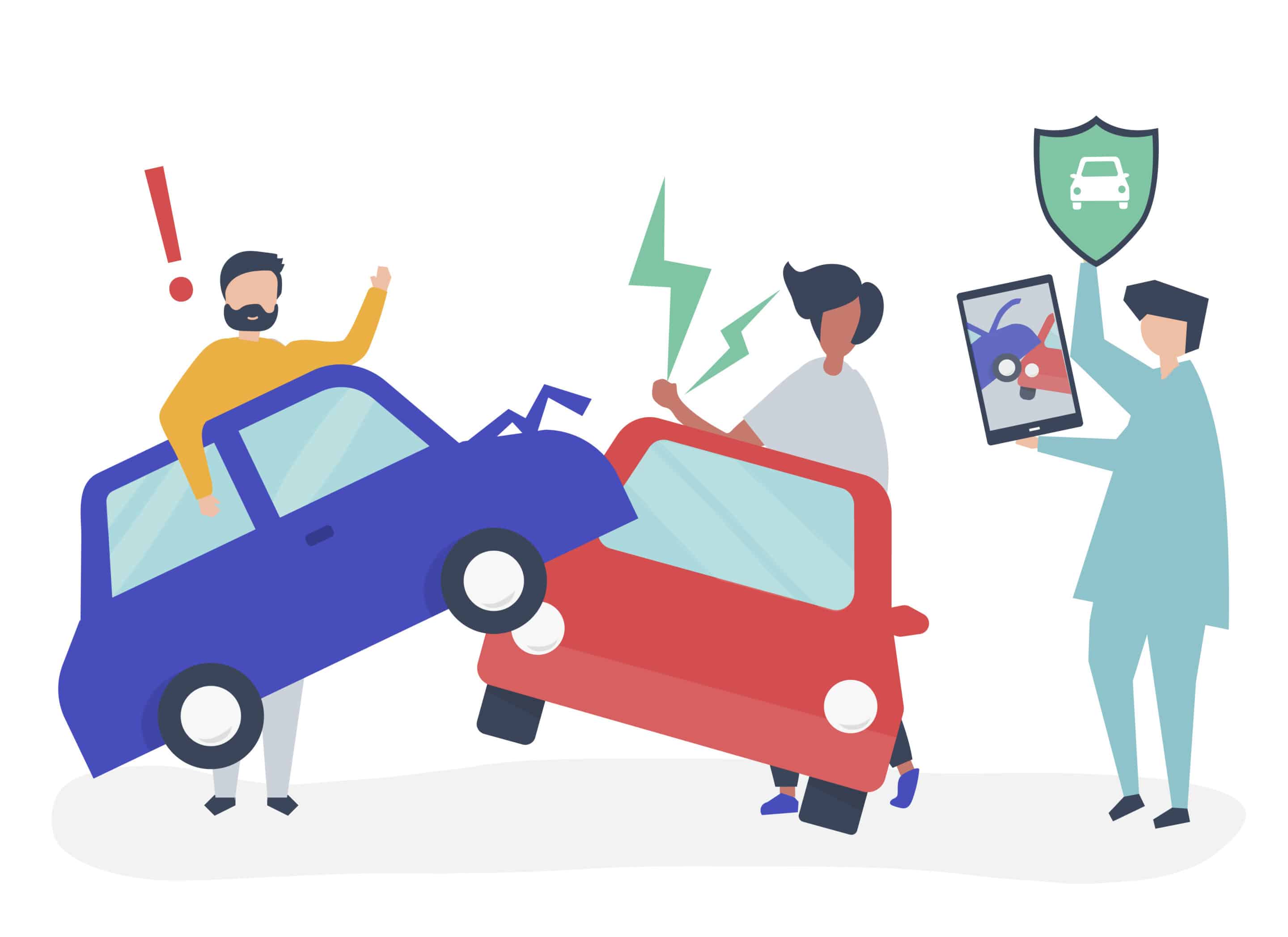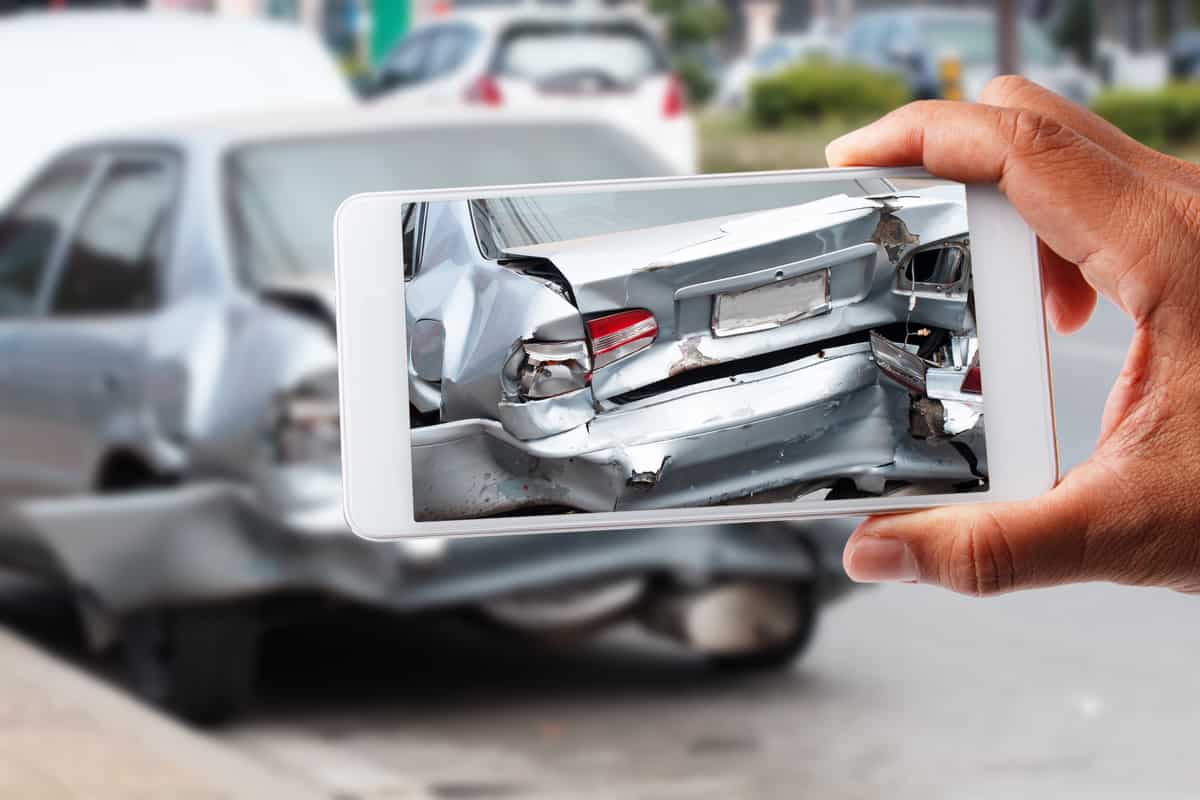Why did my car insurance go up? Car accidents routinely result in painful injuries like broken bones or sprains. Unfortunately, you might also feel pain in your wallet following an accident. In addition to the cost of repairing your vehicle, you might find that your auto insurance has increased following a crash.
Your insurance is not guaranteed to increase after an accident. However, if you were at fault, your carrier could increase your premiums. Understanding why your auto insurance went up after an accident can be beneficial to you. Additionally, a seasoned attorney could also guide you on how to avoid insurance increases or other expenses following a Georgia car accident.
FACTORS THAT CAUSE PREMIUM INCREASES
There are many factors that could play a role in determining whether a driver’s insurance premiums increase following a crash. The most obvious factor is based on liability. Much like with moving violations, being the at-fault party in a motor vehicle collision is a red flag for insurance companies. How much your policy will increase may vary, but causing an accident is a good way to see a premium increase.
Thankfully, Georgia is one of the few states that prohibit insurance companies from increasing premium rates for individuals in an accident that was not at fault. The same is true for drivers that make claims under uninsured or under-insured motorist policies.
Of course, it may not be immediately apparent if a driver was at fault for a crash. Even in cases where the responding police officer tickets another driver for a moving violation, there is a possibility that a civil court will disagree. Given the importance of these civil claims, it is important to speak with an attorney right away after an accident.
TIPS TO AVOID HIGHER INSURANCE AFTER AN ACCIDENT
The steps a motorist takes after an accident can also have an impact on the possibility of increased insurance rates. For starters, every driver should report an accident to their insurance company as soon as possible. This is true even if the insured driver was not at fault and has no intention of filing a claim with their own policy. Most auto policies require motorists to notify the carrier right away following an accident. The failure to contact the carrier could lead to loss of coverage or even the revocation of the entire insurance policy.
Another valuable consideration is whether or not a policy includes an accident forgiveness clause. This clause typically prevents the insurance company from increasing premiums after a driver’s first accident—even when they are at fault. If a policy does not have this language, it might be worth shopping around for different coverage.
Finally, there might be ways to offset an increased premium. One example could be through discounts involving bundled policies. Some insurance carriers give a discount for motorists that take a driving class. Any effort to reduce premiums could be worthwhile after a crash.
AN ATTORNEY COULD ADVISE YOU FOLLOWING A CRASH
Another important tip after a car accident is to speak with a seasoned personal injury attorney. Not only could they help you pursue an injury claim, but they can also ensure that you do not get blamed in civil court for a crash that is your fault.
Ultimately, your insurance company could hold you accountable for an accident someone else caused if you fail to protect your legal rights. To learn more about how legal counsel can help, call right away.







